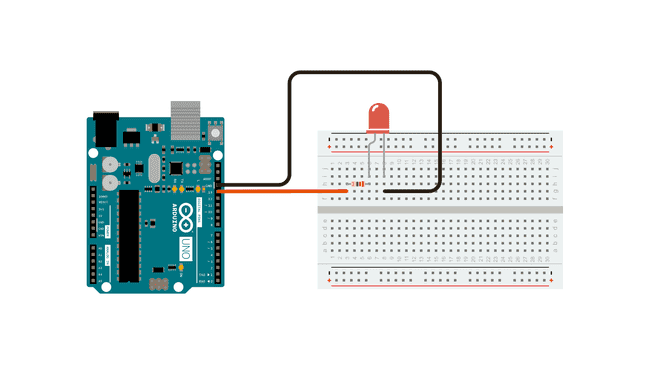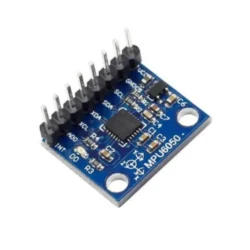Introduction
In embedded systems development, particularly when working with FreeRTOS on STM32 microcontrollers, analyzing Hard Fault and Stack Overflow exceptions is crucial for ensuring system stability and reliability. This tutorial will guide you through using STM32CubeIDE to examine these exceptions using Fault Status Registers. By the end of this guide, you will be equipped to identify and resolve issues related to task failures effectively.
Prerequisites
- Basic understanding of embedded systems and STM32 microcontrollers.
- STM32CubeIDE installed on your development machine.
- A project set up with FreeRTOS configured.
- Access to the STM32 hardware (e.g., development board).
Parts/Tools
- STM32 development board (e.g., Nucleo, Discovery).
- USB programmer/debugger (e.g., ST-Link).
- STM32CubeIDE.
- FreeRTOS library integrated into your project.
Steps
- Set Up Your FreeRTOS Project
- Open STM32CubeIDE and create a new STM32 project.
- Configure your microcontroller settings in the .ioc file.
- Enable FreeRTOS in the middleware section.
- Customize task settings as required for your application.
- Enable Fault Handlers
- In your FreeRTOSConfig.h file, ensure the following definitions are set:
- Implement a HardFault_Handler function in your main.c file to capture fault information:
#define configASSERT(x) if((x) == 0) { taskDISABLE_INTERRUPTS(); for(;;); }void HardFault_Handler(void) { // Custom fault handling code while (1); } - Access Fault Status Registers
- In your HardFault_Handler, read the necessary registers:
- Log or handle the fault address for debugging.
void HardFault_Handler(void) { // Capture fault status uint32_t *pFaultStack = (uint32_t *)__get_MSP(); uint32_t faultAddress = *((volatile uint32_t *)(0xE000ED38)); // Further processing... } - Monitor Stack Usage
- Enable stack overflow detection in FreeRTOSConfig.h:
- Implement a stack overflow hook:
#define configCHECK_FOR_STACK_OVERFLOW 1void vApplicationStackOverflowHook(TaskHandle_t xTask, char *pcTaskName) { // Handle stack overflow while (1); } - Debugging with STM32CubeIDE
- Connect your development board to your computer via USB.
- Open your project in STM32CubeIDE and start a debug session.
- Set breakpoints in your HardFault_Handler to inspect variables and registers when a fault occurs.
Troubleshooting
- Hard Faults Not Triggering:
- Ensure the HardFault_Handler is correctly defined and linked.
- Check that the fault status registers are being accessed properly.
- Stack Overflow Not Detected:
- Verify that the configCHECK_FOR_STACK_OVERFLOW setting is enabled.
- Ensure that your tasks have sufficient stack size defined.
- Debugging Issues:
- Confirm that your ST-Link is properly connected and drivers are installed.
- Make sure you are using the correct debug configuration in STM32CubeIDE.
Conclusion
Analyzing Hard Fault and Stack Overflow exceptions in FreeRTOS tasks using STM32CubeIDE is a vital skill for embedded systems developers. By following the steps outlined in this tutorial, you can set up your environment, implement fault handlers, and effectively debug your tasks. With practice, you’ll be able to enhance the reliability of your applications and swiftly resolve issues that may arise during development.


